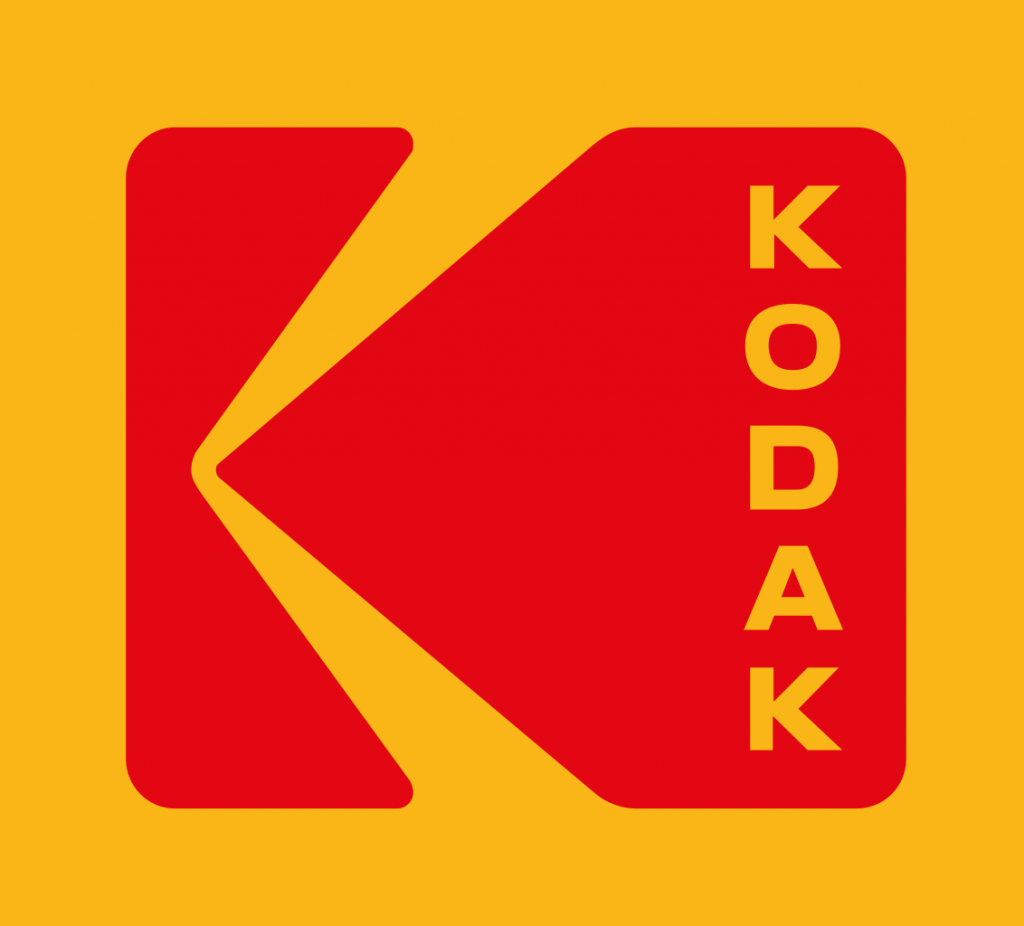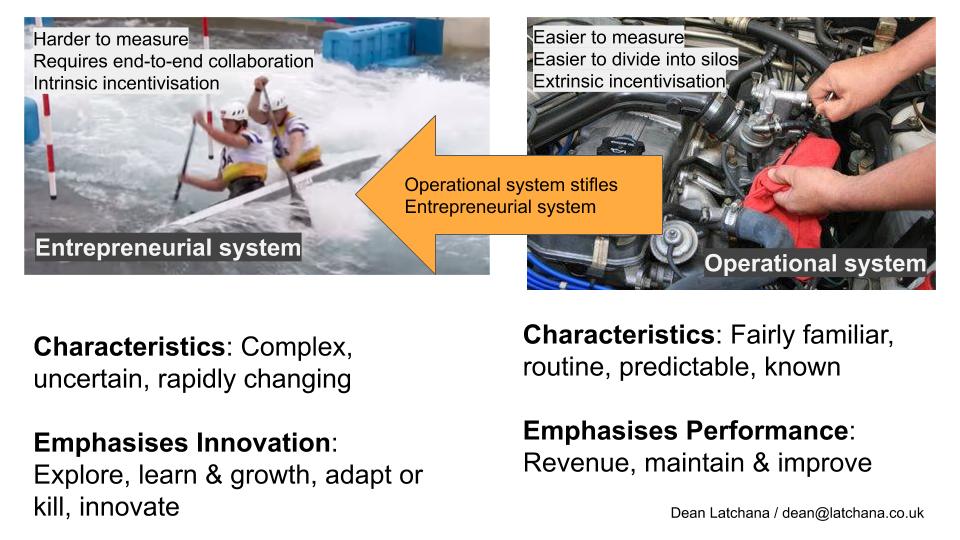
The Startup Way is a 2017 book by Eric Ries, which is a follow-up to his blockbuster Lean Startup.
In The Startup Way, Ries reveals how entrepreneurial principles can be used by businesses to take advantage of enormous opportunities and overcome challenges resulting from our connected economy.
In this series of posts, I’ll share my key takeaways, and relate those to my own experiences and reflections. Let’s start off by exploring how organisations corner themselves by becoming over-reliant on their successes.

Ries states that if an organisation is constrained by capacity, they’d typically endeavour to acquire more, in a bid to gain greater market share. New products tend to be variations of existing product lines. Firms compete primarily on price, quality, variety and distribution. Barriers to entry are high, and growth is slow.
In my view, if exploited for too long, what Ries describes can result in dangerous consequences. It can create a difficult-to-reverse dependence on legacy successes. Repeating and scaling an organisation’s previous successes can become its unspoken raison d’etre. In an increasingly fast-moving market, this can be disastrous.
The over-reliance on existing successes also develops an expectation that stifles the emergence of innovation within organisations. Success leads to criteria that promote the fine-tuning of existing products, processes and behaviours. This makes it difficult to accommodate internal disruption, vulnerability and relearning – qualities necessary for innovation.

I believe this ties into Apex Predator Theory developed by Dave Snowden. Organisations will eventually fail as they become competent and too wedded to the current operations and market offerings.

My next article reflects on another takeaway from The Startup Way – the missing capability that enables organisations to overcome their over-dependence on past successes.
